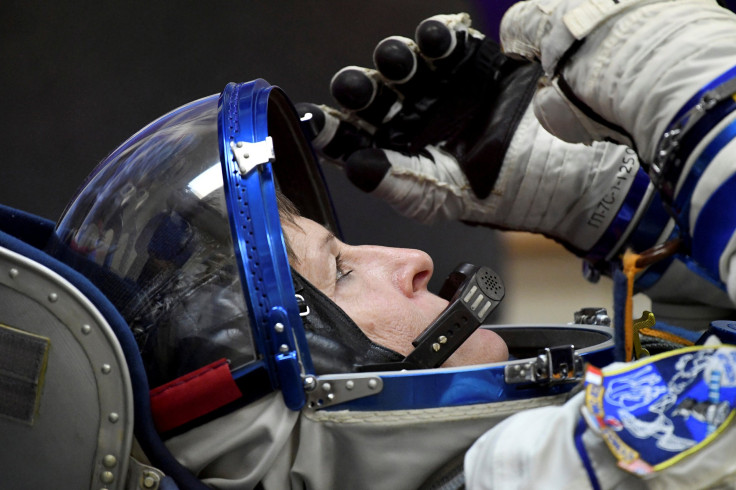NASA Trainer Says Astronauts Don't Have To Be From Rich Families To Go To Space


This question originally appeared on Quora. Answer by Robert Frost.
Yes. There have been quite a few astronauts that have come from very poor beginnings.
I know one that grew up in McAllen, Texas, an extremely poor city on the Mexican border with Texas. In fact, the last census declared McAllen to be the poorest metropolitan area in the United States, with 33.4% of residents living below the poverty level. His grandparents were sharecroppers. He joined the Air Force. Through the Air Force, he managed to get a scholarship to attend Texas A&M University where he majored in Mechanical Engineering, graduating with a Bachelor of Science degree. He then went to the Air Force Institute of Technology where he got his first Master of Science degree. He then was selected for the Air Force Test Pilot School where he flew 34 different types of aircraft. He left active duty in 1992 and became an engineer at NASA. While there he got a second Masters in science and repeatedly applied to be an astronaut. In 1998 he was selected.
I know another that was the child of Mexican migrant farm workers. He spent his childhood constantly on the move, living in the barrio, and his summers working in the fields. Fortunately for him, his mother was insistent on the children not remaining stuck in that circle of poverty. As they moved from town to town and school to school, and back and forth from La Piedad, Mexico to the United States, she provided them additional homeschooling to ensure they stayed ahead of their classmates.
Fortunately for him, there was a Federal TRIO program called Upward Bound that provides assistance to disadvantaged students (incidentally, the President has suggested a 10% funding cut to TRIO) and a California program called MESA (Mathematics, Engineering, Science Achievement). Those programs helped him get into and through college at The University of the Pacific, where he got a Bachelor of Science in electrical engineering. He followed that with a Master of Science from the University of California, Santa Barbara, in electrical and computer engineering. He then worked for Lawrence Livermore Laboratory while he repeatedly applied to be an astronaut, being turned down eleven times before being selected in 2004.
A third, and the coolest astronaut I ever taught (he walked on the Moon!), was a small child during the great depression. His father lost his job and the family had to move around, trying to find work to stay alive, working at gas stations, pumping gas. That astronaut grew up wearing whatever clothing survived other kids. He was saved by a Navy Reserve Officer Training Corps scholarship to Georgia Tech.
In all of these cases, kids that could never have afforded the education needed were assisted by government programs, whether that be military, federal, or state. With that help and working very, very hard, they got educated and got good jobs where they were able to show their capabilities in a way that impressed the astronaut selection committee. Sometimes determination needs a helping hand.





















